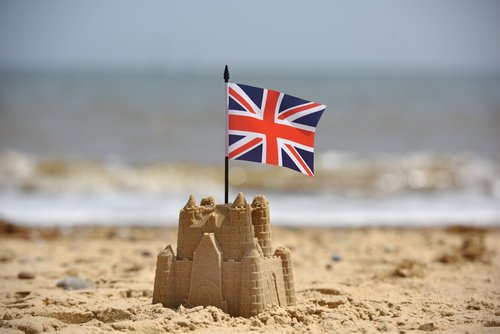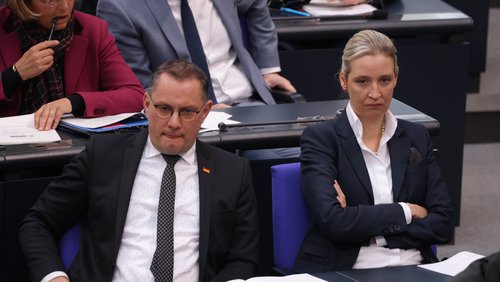A hard Brexit would hit the economy on both sides of the channel heavily, especially the extended supply chain of key German industries, the Cologne Institute for Economic Research (IW) shows in a study.

Brexit jeopardizes supply chains
The production of goods is becoming increasingly international: parts for airplanes or cars often cross numerous national borders, until the final product gets assembled. Many German manufacturers are dependent on such inputs from abroad – and many of their partners are based in the United Kingdom. In 2014 alone, the British supplied intermediate goods worth EUR 200 billion to the EU27, of which 36 billion went to Germany.
Brexit would jeopardize this close cooperation, or at the very least make it more expensive due to tariffs and other costs (if the countries do not agree on a free trade agreement). The chemical industry and the automotive sector alone receive intermediate goods worth billions per annum from the UK. Even low tariffs would drive up prices for intermediate goods for the chemical industry and the automotive sector for example. "In the worst case of Brexit, the established, complex supply chains could be broken completely," warns IW researcher Berthold Busch. As the empirical results of the IW study show, sectors of transport equipment - for example, aerospace -, basic metal industry and chemical industry all rely heavily on intermediate goods from the UK. British suppliers also have a major influence on German partners in the automotive sector.
"The German industry would be hit hard without a free trade agreement" says Busch. On the other side of the channel it does not look any better. The service industry has to fear a deterioration of its good business with Germany and the EU.
If the partners do not agree on free trade and the lowest possible non-tariff trade barriers, the costs for the industry could increase substantially. Then the prices could also be forced up. "In the end, consumers will pay the bill," says Busch.

Europawahl: Dexit würde 690 Milliarden Euro kosten
Die Alternative für Deutschland (AfD) fordert den Austritt Deutschlands aus der EU. Dieser sogenannte Dexit würde einer neuen Studie des Instituts der deutschen Wirtschaft (IW) zufolge nicht nur Milliarden Euro Wertschöpfung kosten, sondern auch Millionen ...
IW
Brexit – Kein Vorbild für Deutschland
Die Entscheidung des Vereinigten Königreichs, die Europäische Union (EU) zu verlassen, hat bisher keine Nachahmer gefunden. Mit dem Verlust der Integrationsvorteile gehen für das Vereinigte Königreich erhebliche Handelshemmnisse und wirtschaftliche Nachteile ...
IW